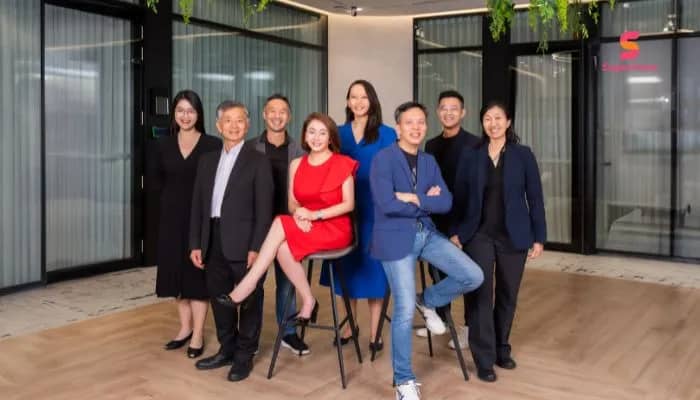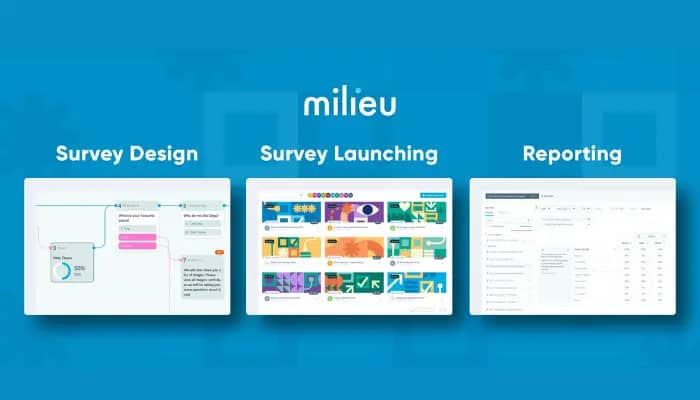Singapore – Supermom, a Singapore-based AI consumer data platform designed by and for mothers, has successfully secured S$18m (US$14m) in a series B funding round, attracting investment from four key investors.
The funding round is spearheaded by Granite Asia, one of Asia’s top venture capital firms, and features participation from Hearst Ventures, along with returning investors Qualgro and AC Ventures.
This latest funding round follows Supermom’s Series A raise of S$8m in December 2022, which was also led by Qualgro, reinforcing the belief that Supermom is a standout innovator harnessing AI and data to deliver value for families and consumer brands.
Supermom plans to utilise the funds to enhance its AI capabilities and expand internationally, allowing for improved product offerings and increased innovation to deliver greater value to both brands and consumers. Additionally, team expansion will be prioritised to accelerate development initiatives.
“We are thrilled to partner with Supermom as they build the largest AI driven data platform in SEA connecting brands and consumers. At Granite Asia, we believe in supporting companies that positively impact communities, and Supermom’s vision of empowering parents across SEA to live better and smarter aligns with our values. We look forward to helping accelerate their growth and expand their reach across the region,” shared Jenny Lee, managing partner at Granite Asia.
Katie Hu, managing director of Hearst Ventures, added, “We were impressed by the way in which the Supermom platform has delivered significant business growth for brands while enhancing parenthood experiences for mothers and families. Its expanding footprint in the Southeast Asia region makes it an attractive company to watch out for. We are looking forward to working with the Supermom leadership to unleash their ambitions for the region.”
Commenting on the continuous commitment by Qualgro, Weisheng Neo, partner at Qualgro, shared, “As an AI and data investor, our confidence in Supermom’s team stems from our strong working relationship that has led to accelerated growth and outstanding products. We have been impressed by the speed and dedication for building an advanced data platform.”
“We have seen the Supermom business in Indonesia grow significantly in the last one year, with the launch of Project 1MPACT and onboarding of new agencies and brands. We are excited to be a part of their growth journey in SEA’s largest and fastest-growing market,” added Adrian Li, managing partner at AC Ventures.
Supermom has established a robust ecosystem that connects over 10 million parents across Southeast Asia, supported by more than 6,000 online communities and over 250 consumer brands, including multinational companies such as AIA, Kimberly Clark, Abbott Laboratories, and Unilever, as well as local giants like Mandiri, Indofood, and Wings Group.
The platform has proven its value in offering families valuable insights into lifestyle and consumption choices. Additionally, Supermom creates income-earning opportunities for mothers by rewarding them for their insights and user-generated content, while also fostering connections among like-minded parents.
Commenting on the funding, Luke Lim, CEO of Supermom, said, “We are grateful to our investors—both new and returning—for believing in our vision and extending their support. As a company, we remain committed to building the largest AI-driven data platform in SEA, connecting brands and consumers. Our track record in the last four years of scaling the business by focusing on our core solutions and core clients has helped us to build a solid foundation for growth. We are thrilled to have Granite lead this investment round. With their extensive global experience in transforming tech startups into industry leaders, we are confident in the future growth and impact of our business.”
Supermom was established by Joan Ong, a former managing director of global MICE organiser Terrapinn, along with Luke Lim and Rebecca Koh, chief of staff of Supermom.







